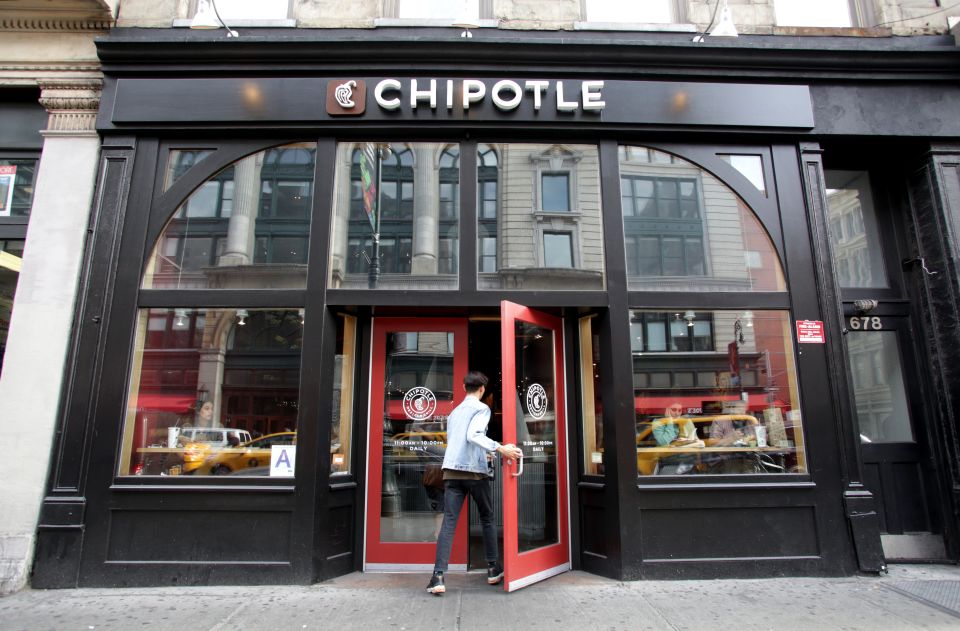- The New York City Council is discussing a new bill to supplement the Fair Workweek Act, which many fast food restaurant chains flagrantly and repeatedly violate
In the city of New York, there is a new bill considered by the New York City Council, which seeks to punish with greater force, especially, fast food restaurant chains that repeatedly incur in violations of the rights of their workers. Among the most representative sanctions would be the temporary or even permanent suspension of establishments that do not respect state labor laws.
On Monday, a new bill was discussed during a hearing, which would allow the New York City Department of Consumer and Worker Protection to order the Department of Health to “suspend, revoke, deny or refuse to renew a permit service establishment,” if a business has had to pay $500,000 or more over a three-year period for violations of the Fair Workweek Act.
“We need to stand with our workers and ensure proper justice can be pursued for employers who continually and flagrantly violate the Fair Workweek Laws,” Councilwoman Carmen De La Rosa said at the Monday morning hearing.
Last August, Chipotle, one of the most recognized Mexican food restaurant chains in the United States, agreed to pay $20 million to 13,000 workers, in a settlement agreement with the city’s Department of Consumer and Worker Protection. of New York, for repeated violations of the Fair Workweek Law. This law requires restaurant companies to provide predictable hours and paid sick leave to state workers, among other protections.
However, this law has fallen short in the face of constant violations of workers’ rights. Due to the huge profits they can make in cosmopolitan cities like New York, companies like Chipotle (which is not alone) consider labor fines and lawsuits to be little more than the cost of doing business in the state, at least This is suggested by organizations seeking justice for fast food workers, such as 32BJ.
Hence, the new project seeks to establish a limit in the strategic management of violations, where companies continue to generate enormous profits at the cost of the conscious abuse of their workers.
Kyle Bragg, the president of 32BJ, which has been working to organize Chipotle workers across the city, supported the proposed legislation.
“Too often, massive corporations like Chipotle have viewed the fines and occasional lawsuits brought about by their repeated violations of New York City labor laws, like the Fair Workweek Law, as little more than the ‘cost of do business,’” Bragg said. “The bills give bad actors in the fast food industry a clear choice: stop violating our city’s laws or risk losing their right to run their business in New York.”
The new bill would also increase penalties for violations of the law, to $1,500, from the current level of $750. It would also double the penalties for repeated violations to $2,000. If a company’s food license is revoked under the bill, workers would also be entitled to 14 days’ severance pay.
New York City’s Fair Workweek Law went into effect in November 2017. Since then, the city has filed more than 440 complaints of violations and closed more than 220 investigations, according to the Department of Consumer and Consumer Protection. Employee.
According to the city’s labor organizations, some provisions of the law are rarely applied. They wanted to provide “just cause” protections to fast food workers in the first place, to prevent employers from randomly and repeatedly firing their workforce.
If the bill goes through council, it is unclear whether it would cover past fines. In this sense, we do not know if the repetitive sanctions of Chipotle would be taken into account retroactively or will be applied from the moment in which the legislature is sanctioned.

